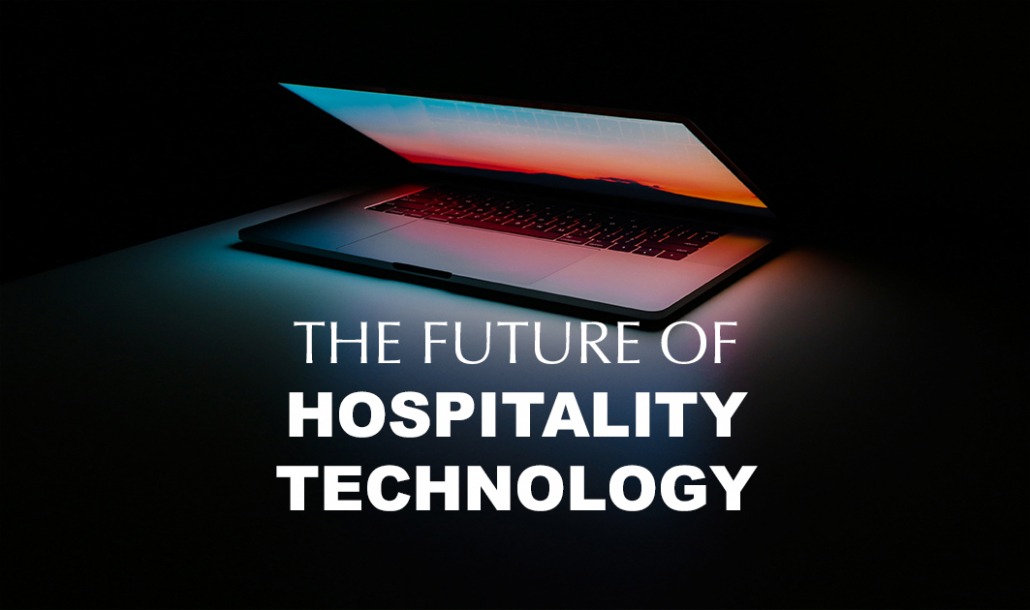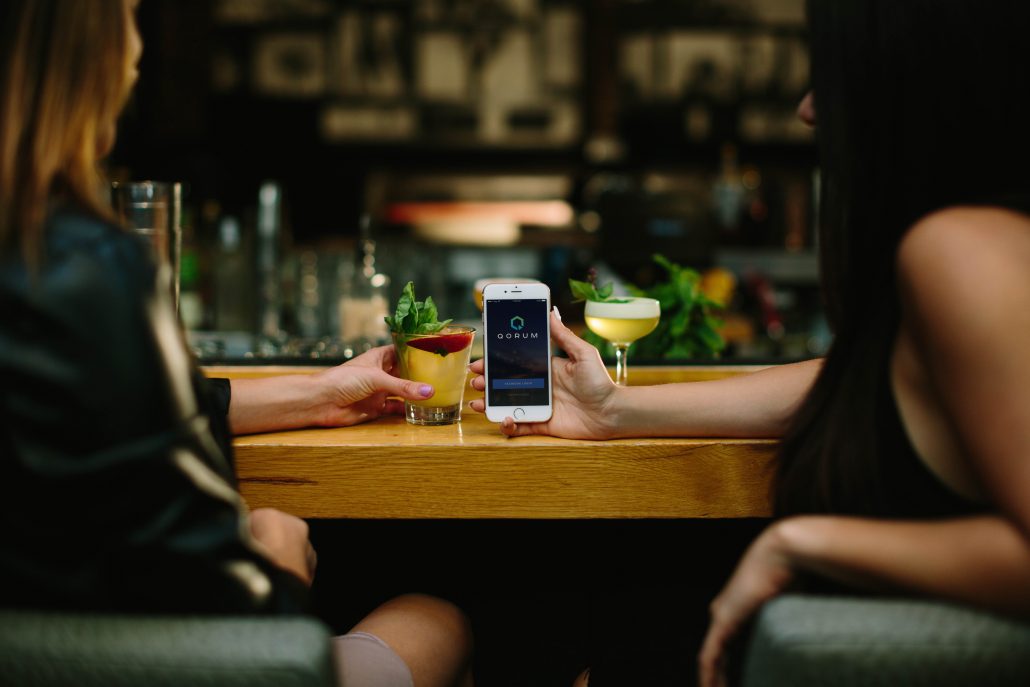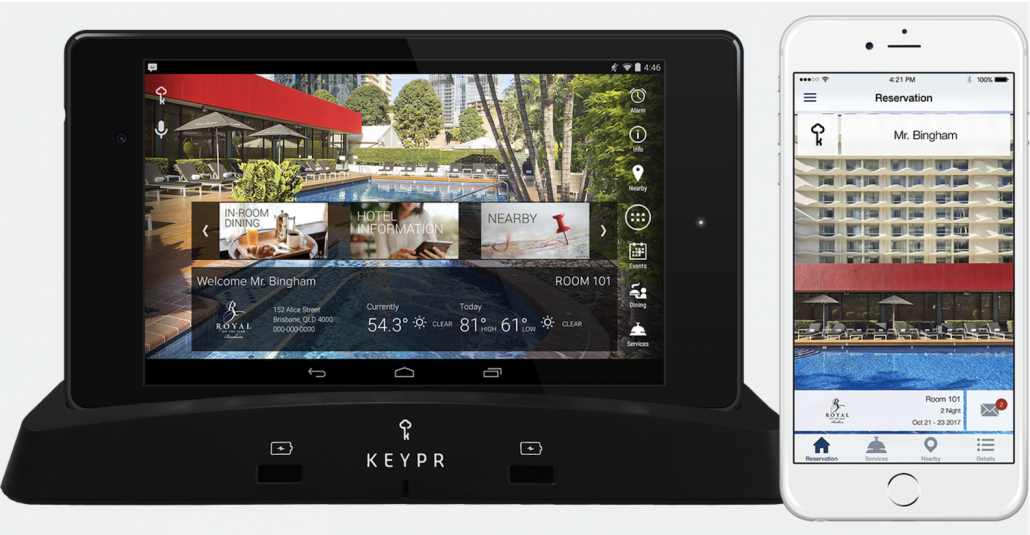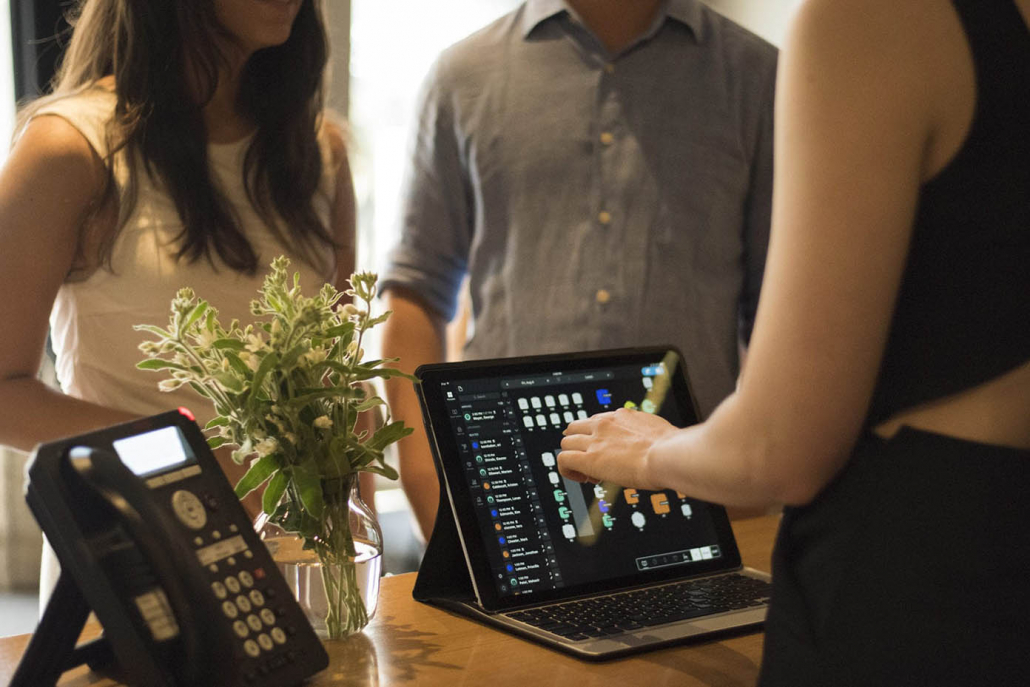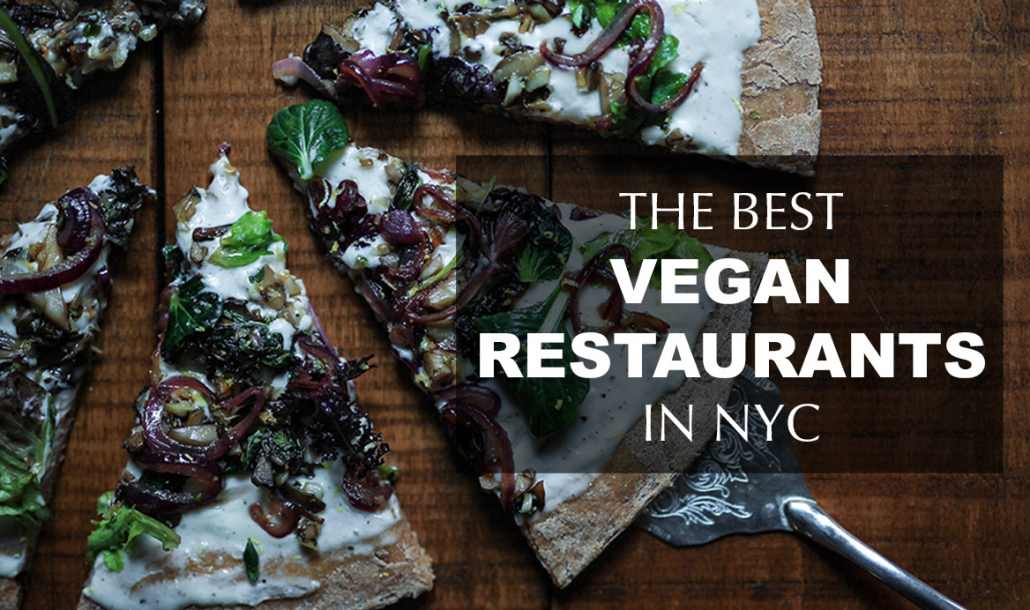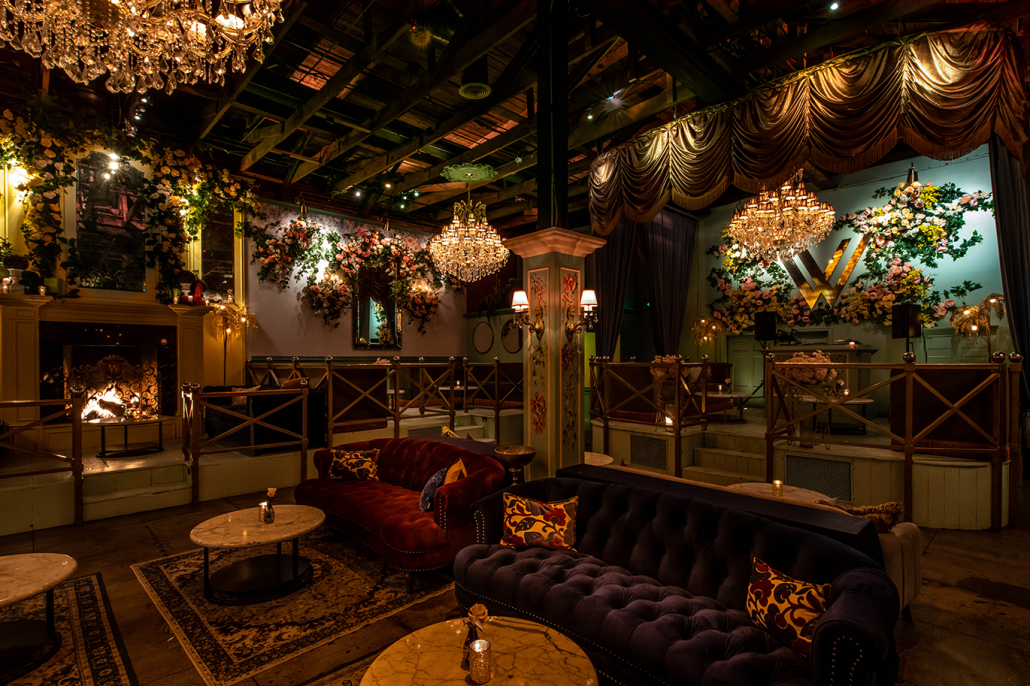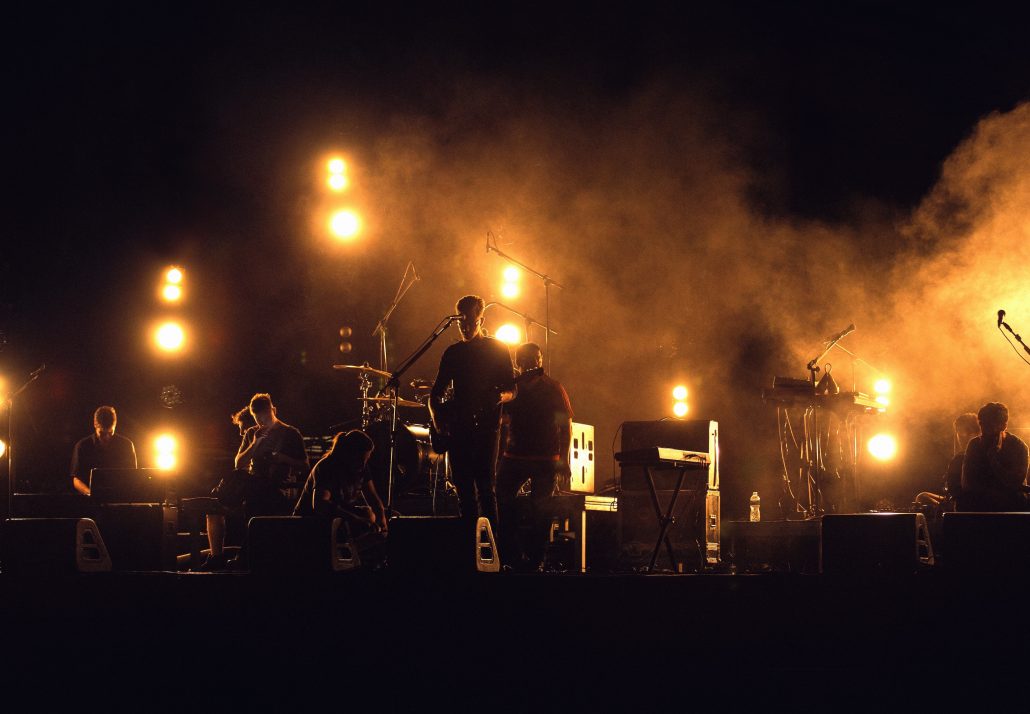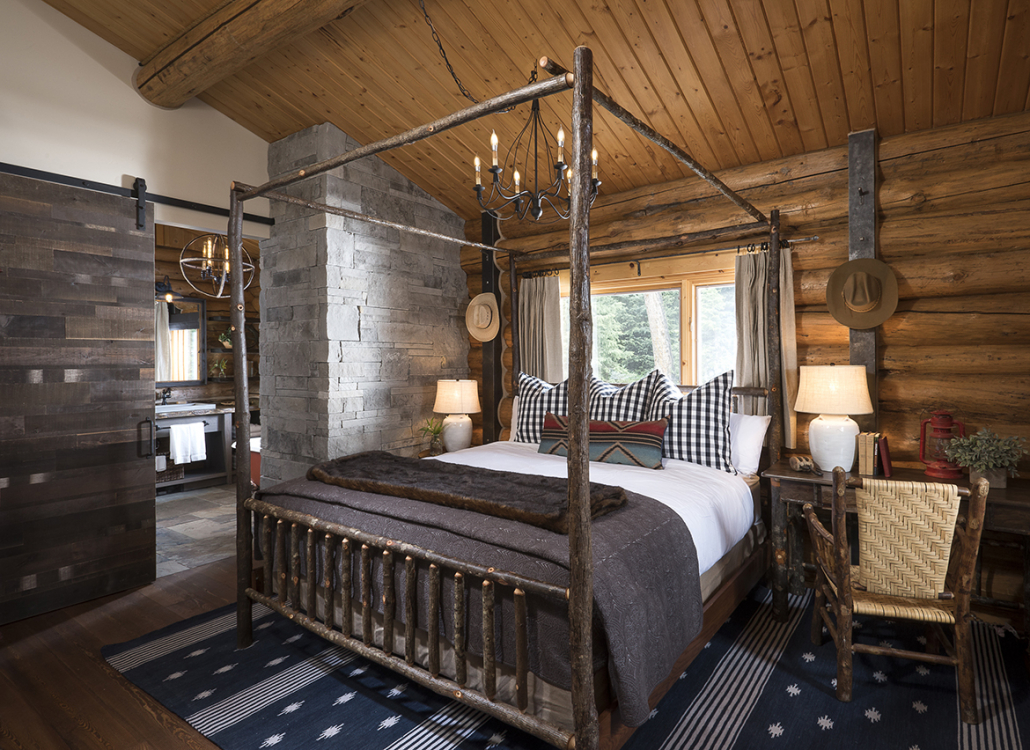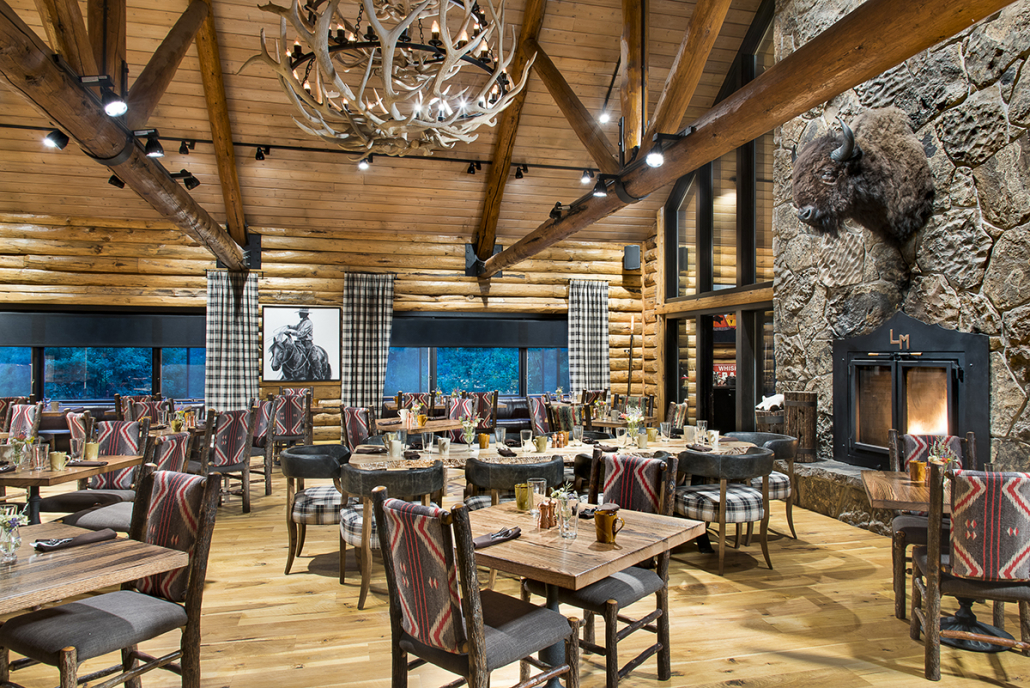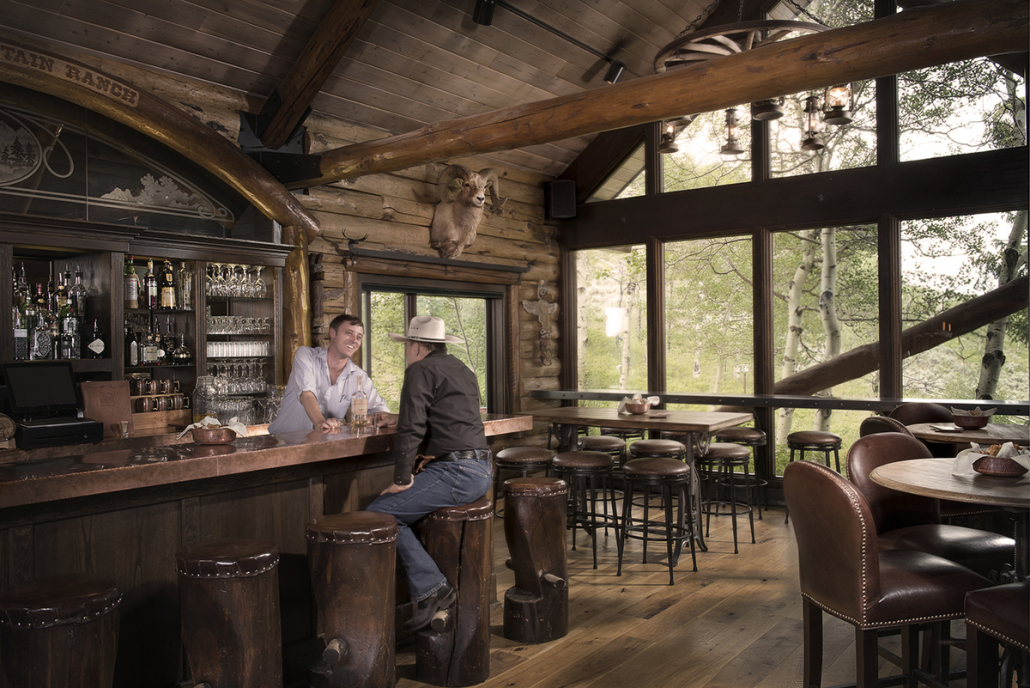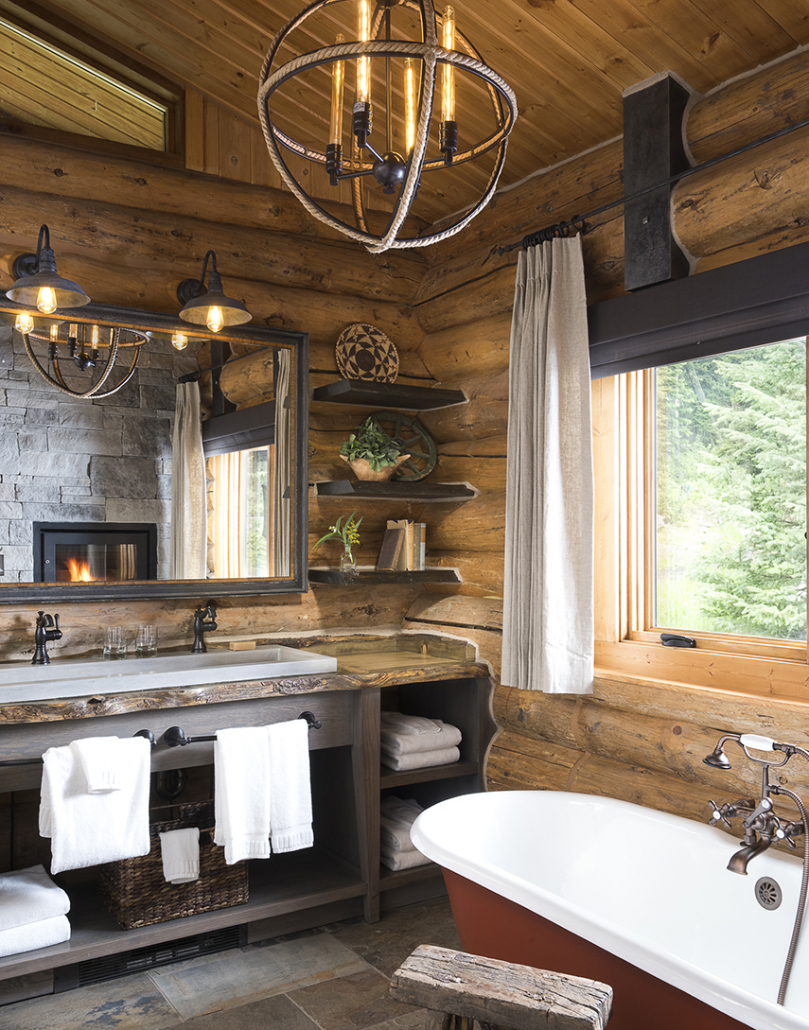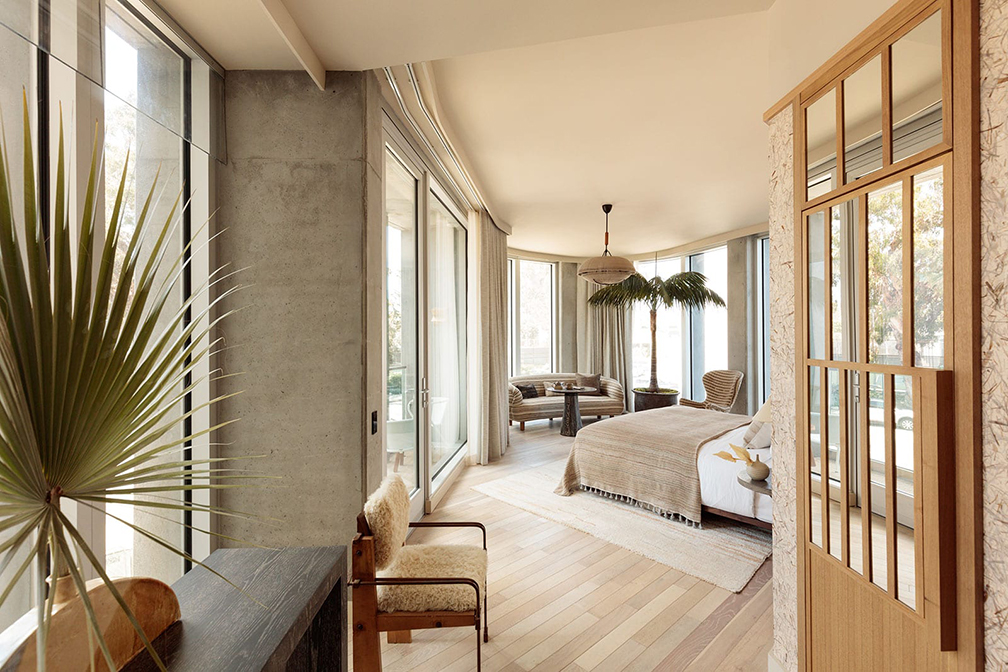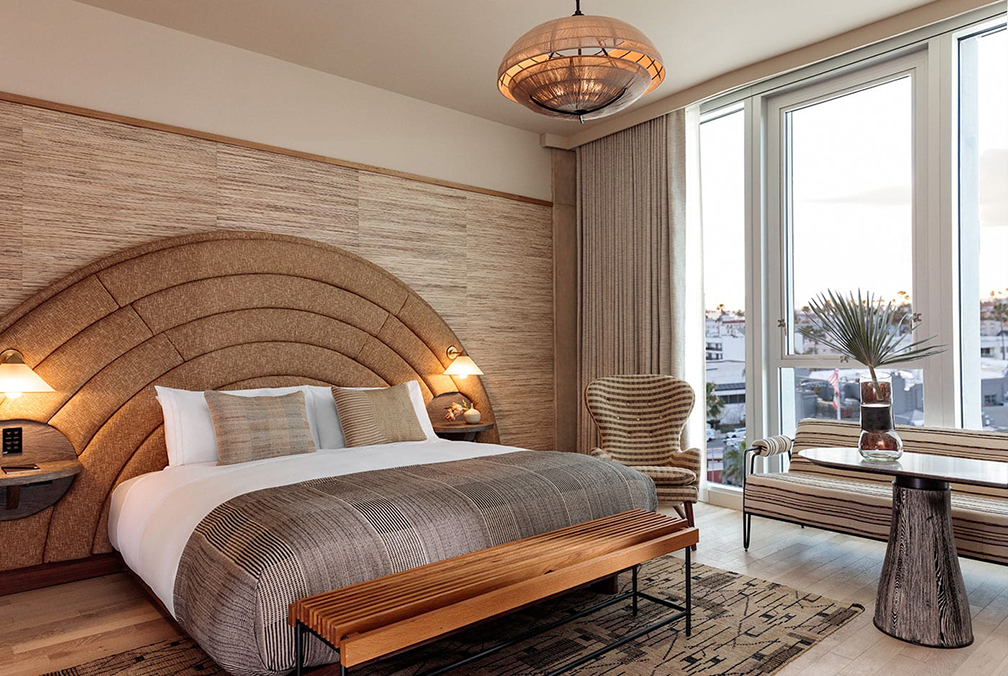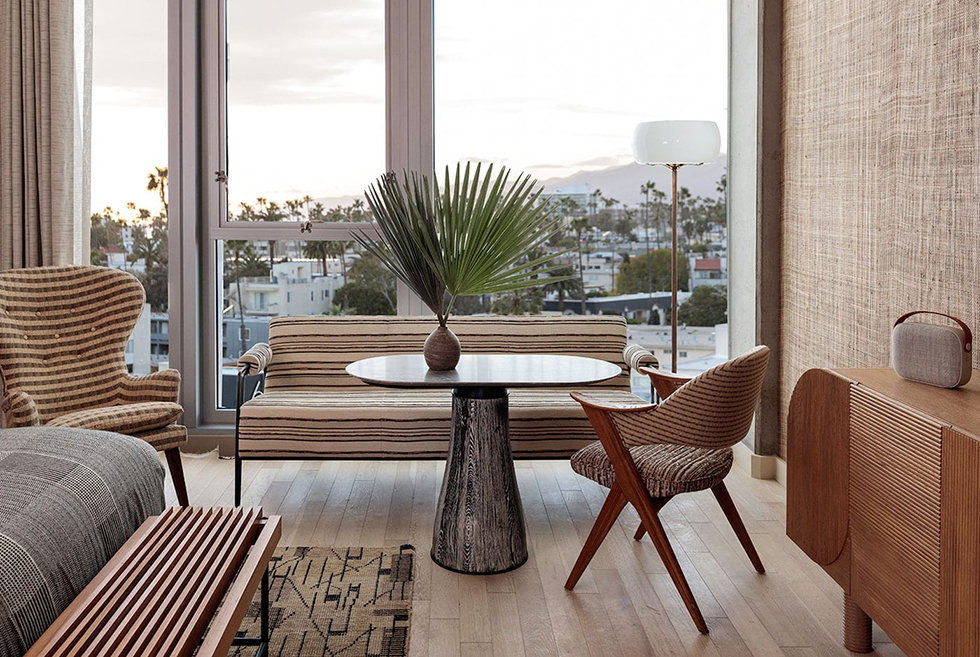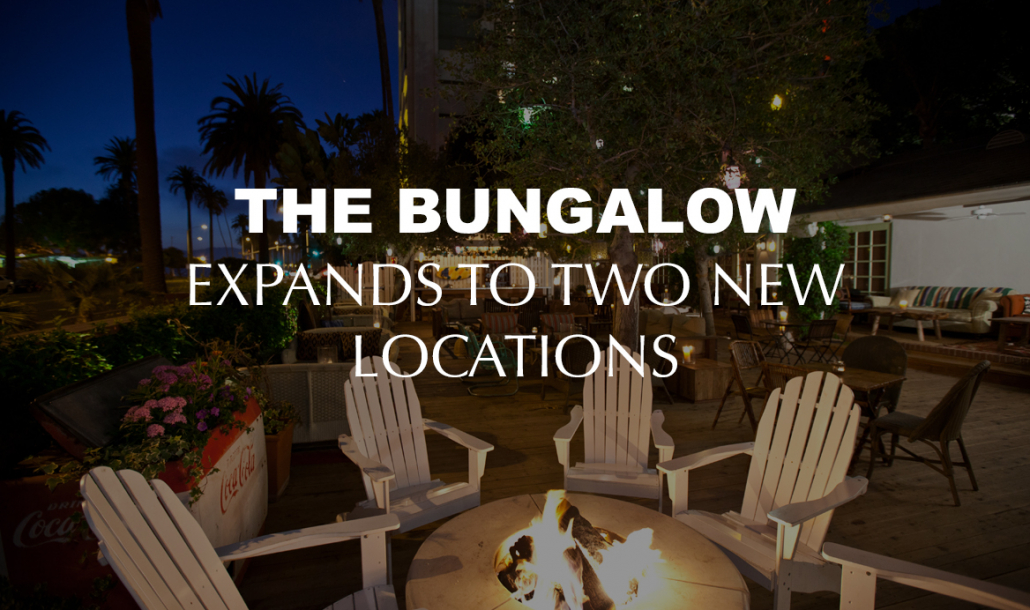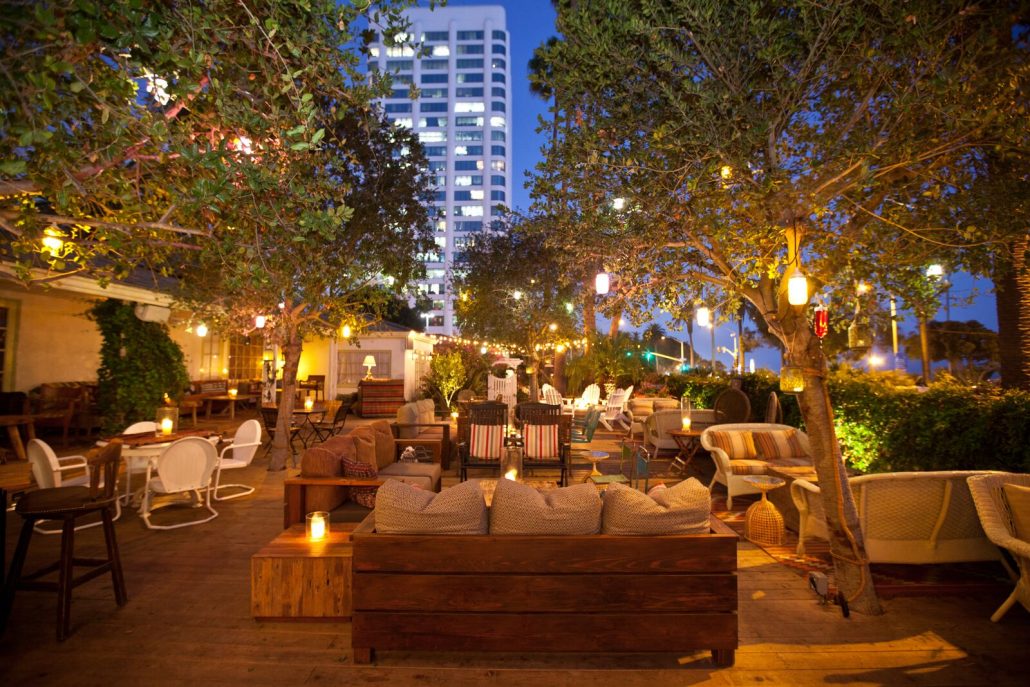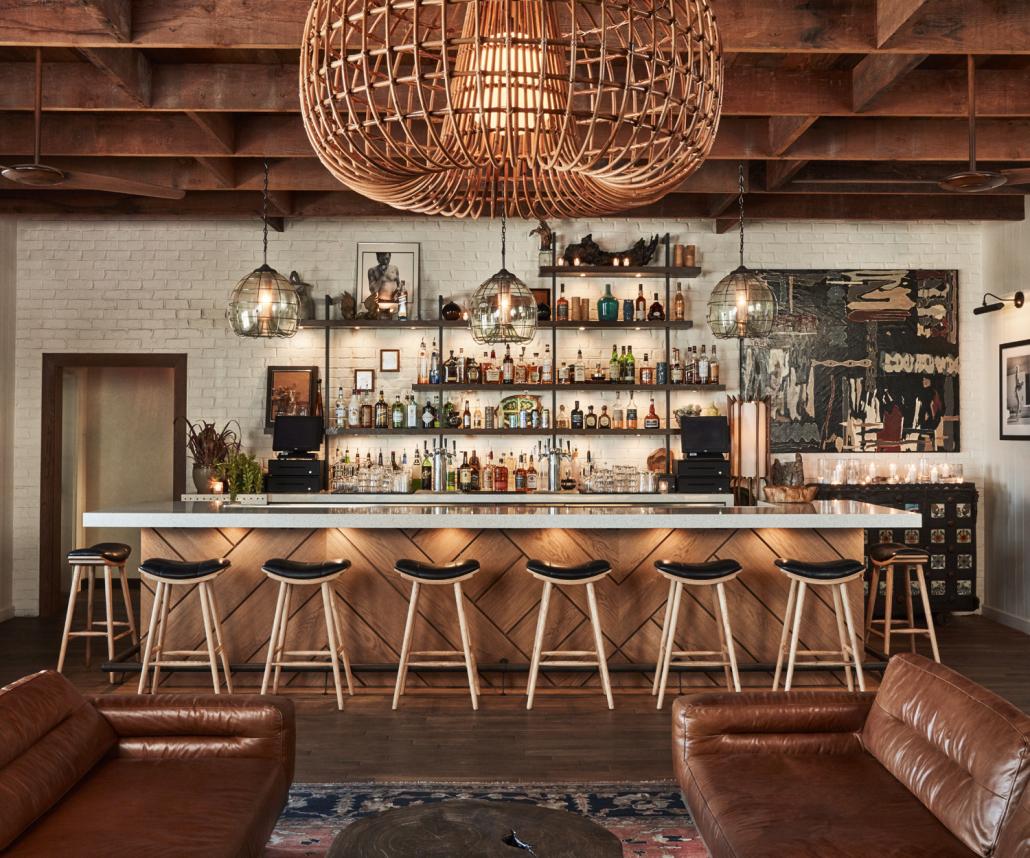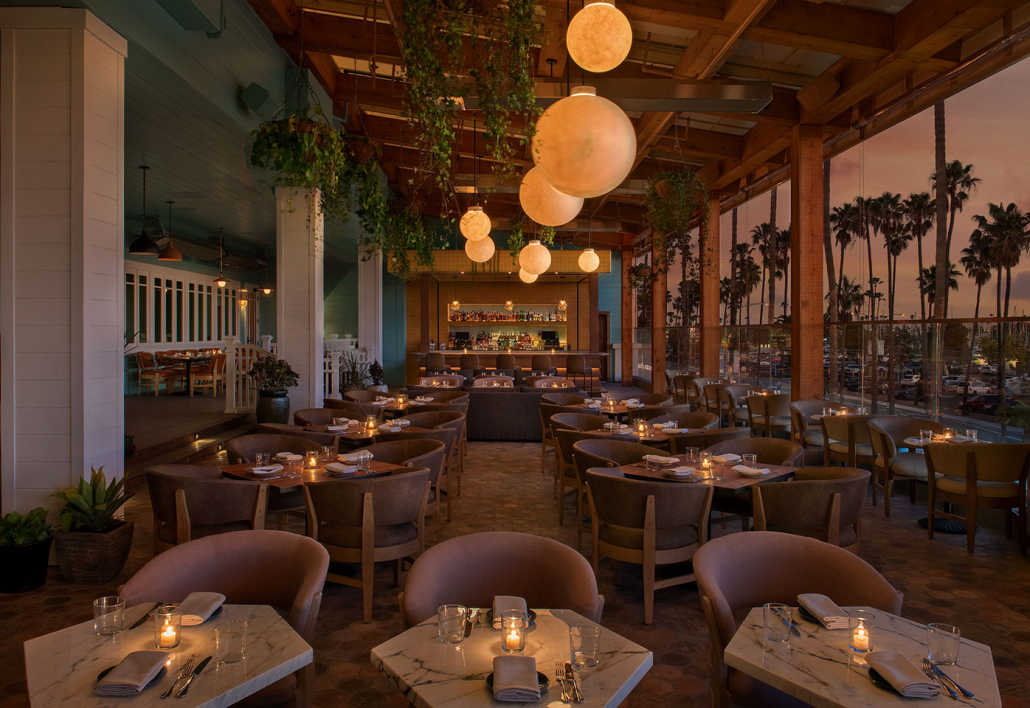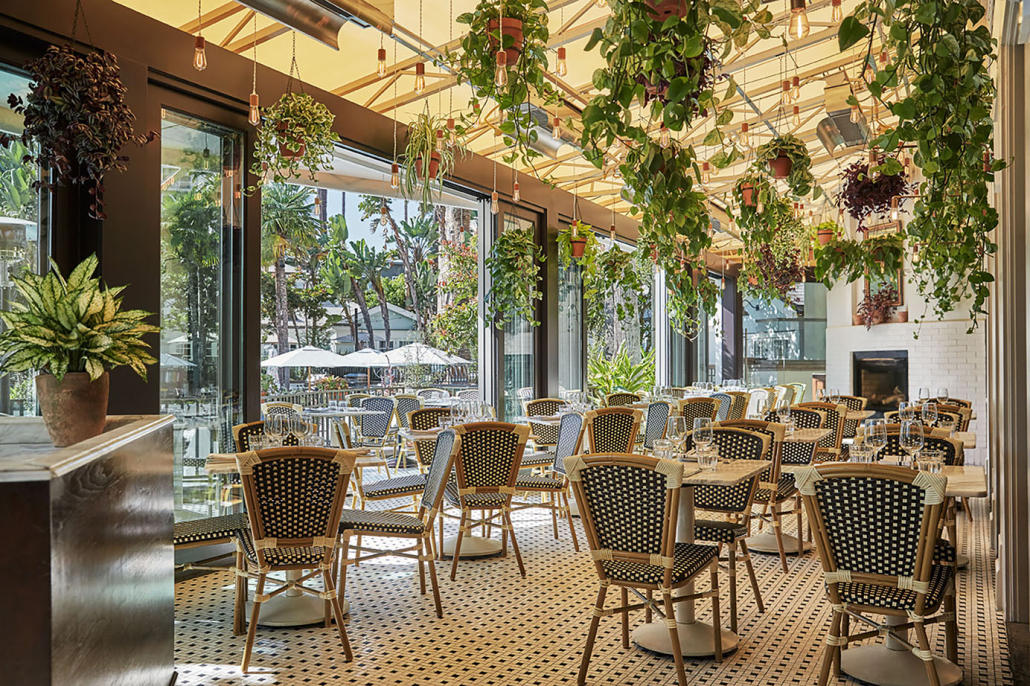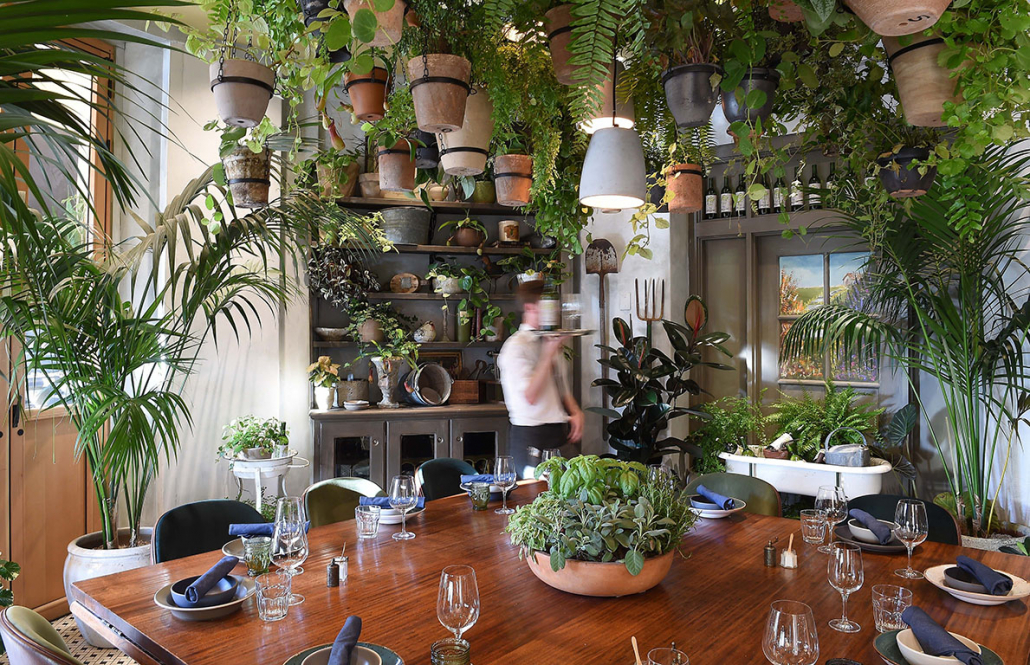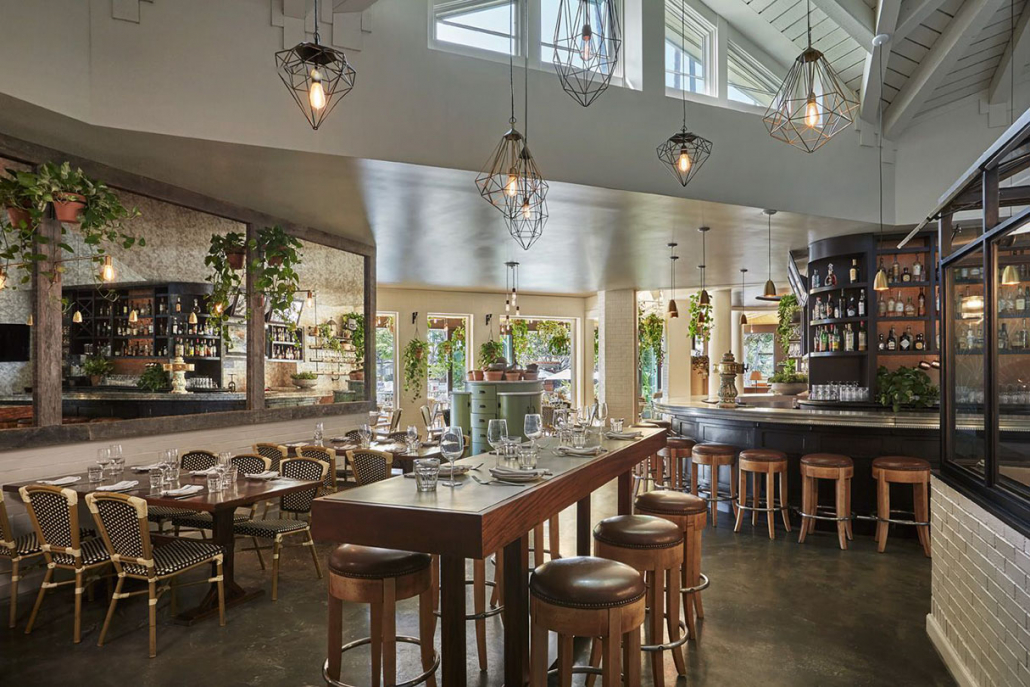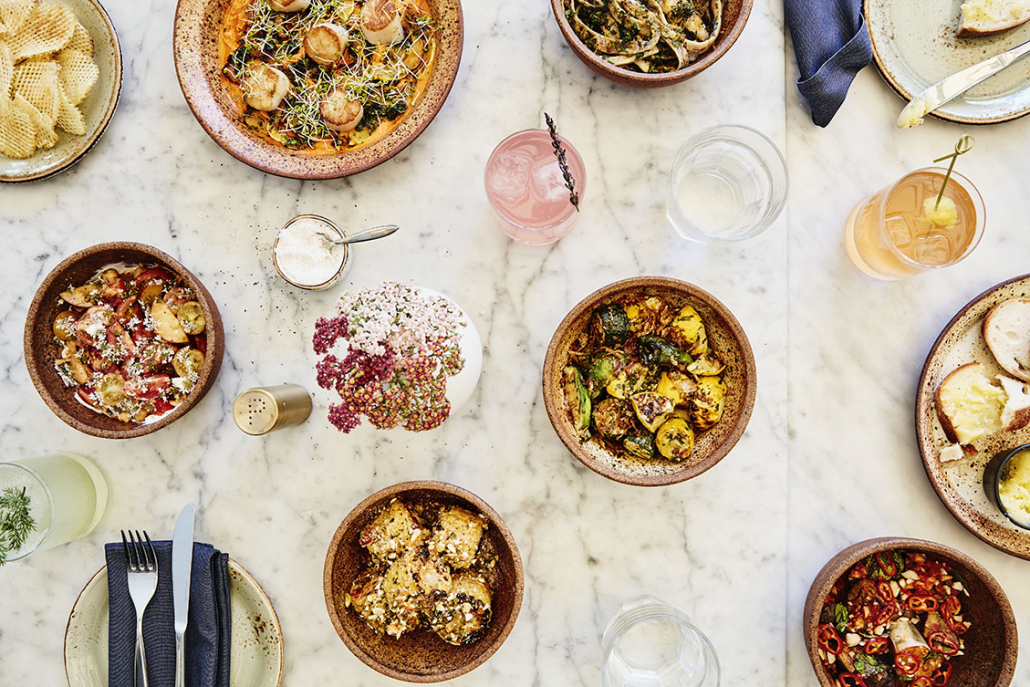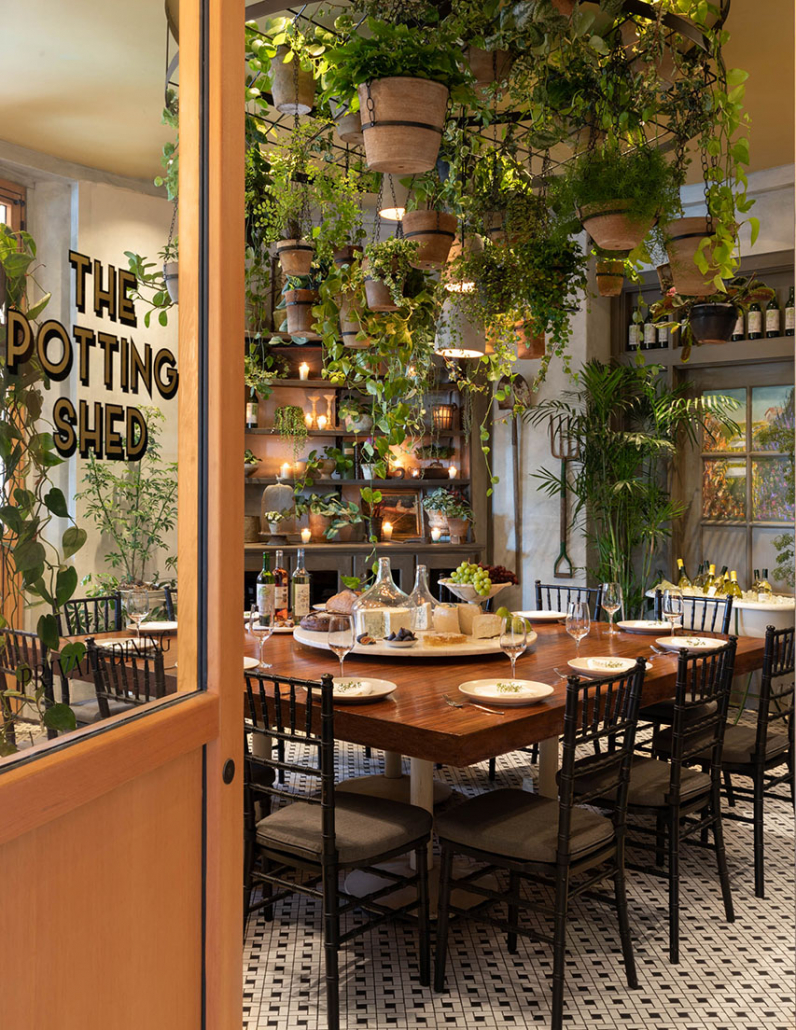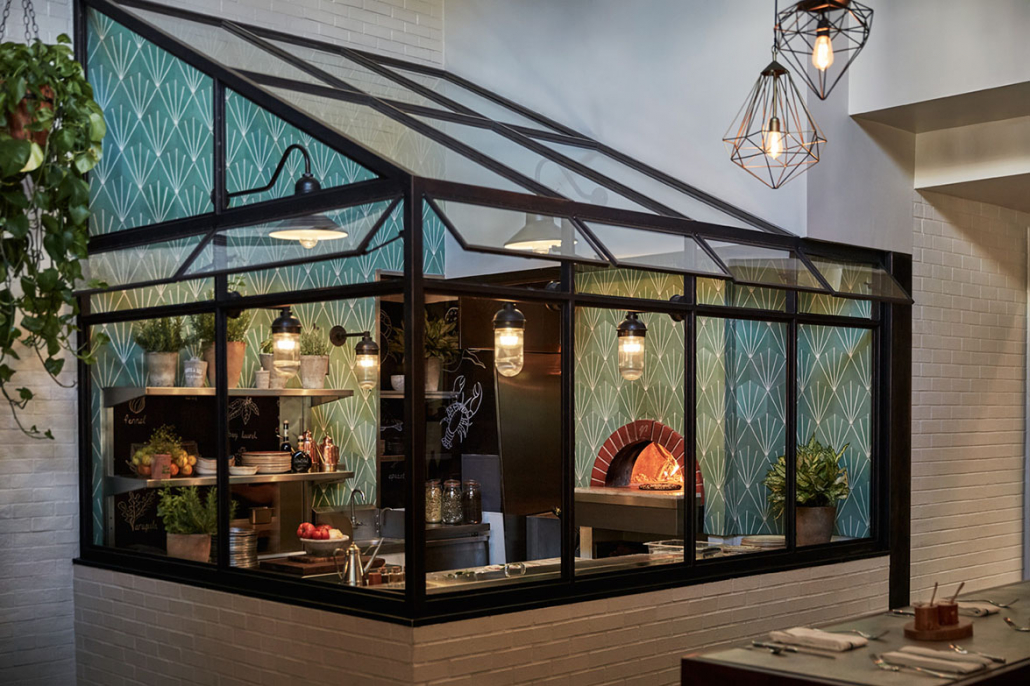The Future of Hospitality Technology
Future of Hospitality Technology
As modern technology continues to develop at a rapid speed, the hospitality industry has responded by embracing new and innovative ways of integrating tech into businesses. The industry has been able to use technology to increase efficiency from targeted marketing, to POS systems, to loyalty programs. With enhancing the guest experience being the ultimate goal, new trends in the future of hospitality technology are set to disrupt the market and create a world of convenience both for businesses and their guests.
Nightlife
With the hustle and bustle of managing lively guests experiences, the nightlife industry has been impacted by tech advancements such as exposure through social media algorithms and venue information provided by search engines. As for apps, there have been many companies making their foray into nightlife in attempts to boost the guest experience during their night out.
The up-and-coming Qorum combines mobile, cardless bar tabs with the mindful goal of providing a free ride home for anyone spending 60 minutes at participating bars. With venues offering discounts for in-app purchases, users can drink worry-free as a partnership with Uber allows their ride home to be covered by Qorum. Venues benefit from Qorum’s automated digital marketing while users get recommendations for where they should spend their night. Qorum’s technology platform aims to combat the social problems associated with drunk driving and the nightlife problems of EMV compliance and unclosed bar tabs. Part city guide and part designated driver, Qorum is set to disrupt the market as cash and card payments quickly become a thing of the past.
Nightlife venues are also being enhanced onsite by creative visuals and displays. Companies like Gesturetek have the ability to create interactive tables and bar tops that add a touch of innovation to typical nightlife decor. Zuzor creates interactive walls where motion sensors detect guests’ movements, making for a fun way to become a part of a venue’s scenery. In a generation of social media being a prime way for nightlife brands to market themselves through guest-generated content, these types of enhancements within the space create a draw for patrons looking for visual elements to share online.
Hotels
The hotel industry has raised guest expectations through the years from mobile device room entry to seamless automated check-in systems. The impact of these types of enhancements has created a push to further explore how a traveler’s stay can be personalized to fit their lifestyle. The company Keypr has created a centralized platform for guests to have their every need addressed right at their fingertips.
They can log on via mobile or in-room tablet to check into the hotel, arrange for room cleaning, book restaurant reservations or use a customized variety of other services. To enhance the experience among staff, Alice is a system that allows different hotel departments to communicate in one manageable platform. Hotel operations are then made easier as management, staff, concierge, and guests are all connected through a single outlet.
Many hotel properties have also started analyzing ways to conserve energy, taking on eco-friendly practices to enhance sustainability. Smart lighting systems can automate usage to improve energy consumption. Places like the Chatwal Hotel in New York have used this method in upgrading to LED lighting, saving the hotel annual expenses as well as reducing energy consumption 90%. These types of thoughtful tech improvements have also improved hotel air conditioning and heating practices.
Restaurants
Dining locations often see hundreds of guests walk in and out of their doors on a daily basis, and embrace ways to utilize technology in their management operations. In the past decade, systems like OpenTable and Resy have set the standard with being able to organize CRM data along with creating the convenience of mobile engagement for guests. SevenRooms has taken reservation software to the next level in being able to combine guest data among multiple venue locations, generate automatic close out reports, and send alerts directly to management about important guest activities and purchases as they are placed in the integrated POS system.
There are also structural elements of restaurants that are being enhanced by new technologies. Digital ordering has slowly made its way into restaurants in the form of self-service kiosks and tabletop ordering. Customers can browse menu options and pay all within the device, reducing the need for human workers and streamlining the dining experience. An expanding trend in restaurants has skipped the brick and mortar experience altogether, with online ordering apps enabling ghost kitchens to operate and deliver to customers directly. These kitchens have the ability to create multiple brands on apps and websites, all being served out of the same online-only kitchen.
Technology’s role in hospitality will likely continue to grow in the future as many venues will find it to be a necessity rather than an option. With guests becoming more used to competitors offering the convenience of automated systems and mobile integration, businesses will need to focus on staying ahead of the curve to continue to meet ever-rising guest expectations.
| Read More: Benefits of SevenRooms Technology in Hospitality |
Sign up for our Newsletter
For information on hotel accommodations, nightlife tables, or restaurant reservations, please contact [email protected] or inquire in the chat box below.

